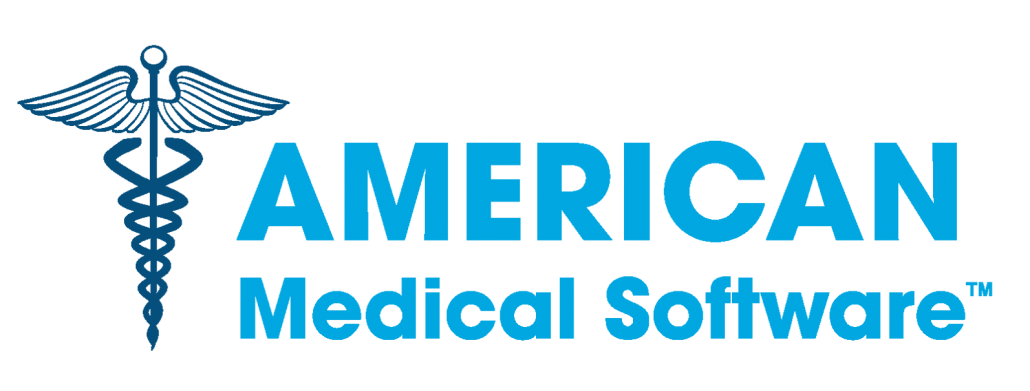Electronic Medical Records Use Over Majority
Government survey finds that a slim majority of physicians are now using electronic health records or electronic medical records systems.
The survey, published earlier this month and conducted by the Centers for Disease Control and Prevention’s (CDC) National Center for Health Statistics (NCHS), found that preliminary 2010 estimates were that 51% of physicians reported using complete or partial EMR/EHR systems, versus 48% last year. About 25% reported having systems that met the criteria of a basic system, up from 22% last year, and 10% reported having systems that met the criteria of a fully functional system, an improvement from 2009 when 7% said they were using systems that met the requirements of a fully functional EHR/EMR system.
The annual survey of office-based physicians collects information on the adoption and use of EMRs/EHRs. From April through July 2010, the NCHS sent mail surveys and conducted follow-up phone interviews with physicians who provide direct patient care in office-based practices, including clinicians in community health centers. The report noted that radiologists, anesthesiologists, and pathologists were not included in the survey.
Another report, published last week by the President’s Council of Advisors on Science and Technology (PCAST), also examined the adoption of EHRs and concluded that almost 80% of physicians — the majority in small, independent practices — lack even rudimentary digital records.
The report, Realizing the Full Potential of Health Information Technology to Improve Healthcare for Americans: The Path Forward, also noted that most physicians who do use electronic systems don’t make full use of their potential functionality. Further, the sharing of health information electronically remains the exception rather than the rule.
PCAST’s report also outlined several barriers to adopting EHRs including:
— Many healthcare providers do not have the economic incentives and technical expertise to purchase and use EHRs. Physicians who do adopt EHRs often find they are spending extra hours each day to type in orders, notes from patient visits, or measures to be reported to the Centers for Medicare and Medicaid Services (CMS) without receiving commensurate benefits.
— The current structure of health IT systems makes it difficult to extract the full value of the data generated. Most EHRs resemble digital renditions of paper records. This means that physicians can have trouble finding the information they need, and patients often wind up with poor access to their own health data and little ability to use it for their own purpose.
— Standards and infrastructure are lacking that would allow information to be easily shared across organizations. Relevant information does not seamlessly move with patients who receive care from multiple providers.
— Patients are concerned that the storage of their health information in electronic form will make it easier for employers, insurers, government, or malicious electronic intruders to improperly access their records.
Source: Nicole Lewis , InformationWeek
December 13, 2010 02:18 PM




Leave a Reply
Want to join the discussion?Feel free to contribute!